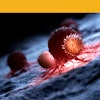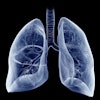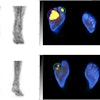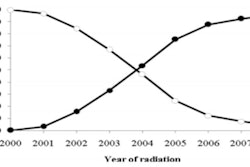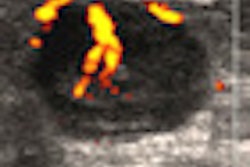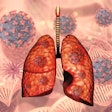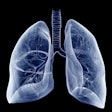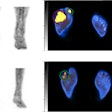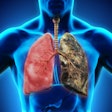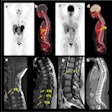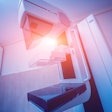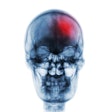A new class of molecular mutation seen in various forms of breast cancer has been identified, according to a study published in the April 15 issue of Cancer Research. Identification of the mutation, called fusion transcripts, by Mayo Clinic researchers may provide a way to identify tumor subtypes and lead to new strategies to treat them.
The study was undertaken to systematically search for fusion genes and fusion transcripts linked to different types of breast tumors. Fusion transcripts are created when chromosomes break apart and recombine, an event that commonly occurs in cancer cells.
Fusion genes are created during this process when two halves of normal genes become linked. Fusion genes (DNA) create fusion transcripts (RNA), which then produce fusion proteins (Cancer Research, April 15, 2012, Vol. 72:8, pp. 1921-1928).
The research findings indicate that fusion transcripts are much more common in breast cancer than previously thought, said senior investigator Dr. Edith Perez, deputy director of the Mayo Clinic Cancer Center in Jacksonville, FL. The fusion transcripts represent a new class of mutation with an unknown role in breast cancer.
The finding that some fusion transcripts are tumor subtype-specific suggests that these entities may be critical determinants in the etiology of breast cancer subtypes, useful as biomarkers for tumor stratification, or exploitable as cancer-specific therapeutic targets, according to the authors.

